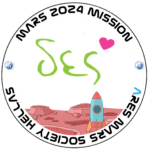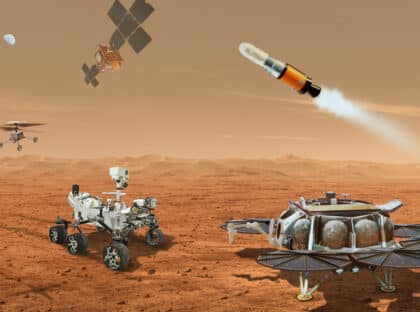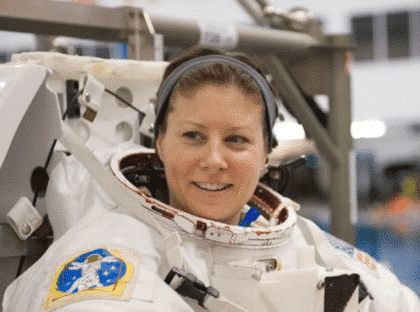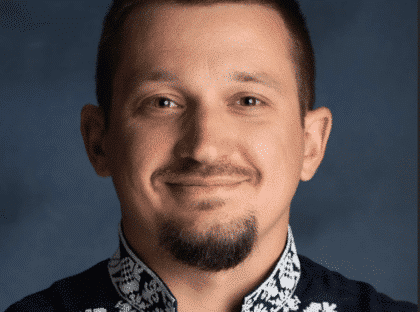
We are very excited to share that our own Sergii Iakymov, Director of the Mars Desert Research Station (MDRS), has been chosen to join a 45-day NASA simulated Mars mission (Aug. 9 – Sept. 23) at the HERA analog facility at Johnson Space Center in Houston. Congratulations, Sergii! We wish you and your crew an incredible experience on your mission “to Mars!”
NASA Research Volunteers to Begin Next Simulated Mission to Mars [NASA Announcement, 07.22.24]
NASA selected a new team of four research volunteers to participate in a simulated mission to Mars within HERA (Human Exploration Research Analog) at the agency’s Johnson Space Center in Houston.
Erin Anderson, Sergii Iakymov, Brandon Kent, and Sarah Elizabeth McCandless will begin their simulated trek to Mars on Friday, Aug. 9. The volunteer crew members will stay inside the 650-square-foot habitat for 45 days, exiting Monday, Sept. 23 after a simulated “return” to Earth. Jason Staggs and Anderson Wilder will serve as alternate crew members.
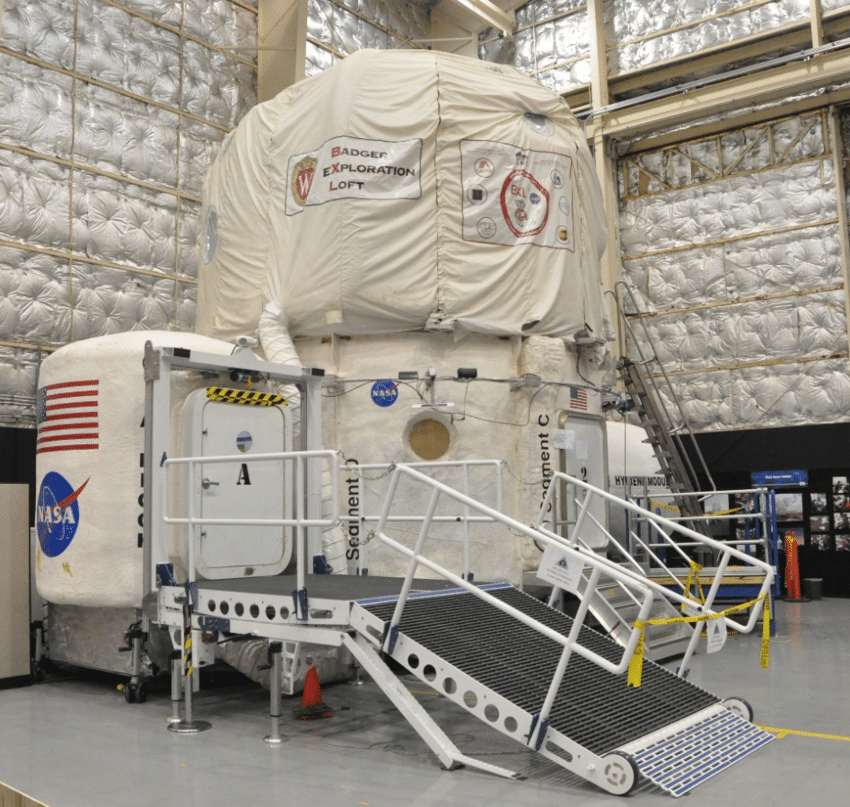
The HERA missions offer scientific insights into how people react to the type of isolation, confinement, work and life demands, and remote conditions astronauts might experience during deep space missions.
The facility supports more frequent, shorter-duration simulations in the same building as CHAPEA (Crew Health and Performance Analog). This crew is the third group of volunteers to participate in a simulated Mars mission in HERA this year. The most recent crew completed its HERA mission on June 24. In total, there will be four analog missions in this series.
During this summer’s simulation, participants will perform a mix of science and operational tasks, including harvesting plants from a hydroponic garden, growing shrimp, deploying a small, cube-shaped satellite (CubeSat) to simulate gathering virtual data for analysis, “walking” on the surface of Mars using virtual reality goggles, and flying simulated drones on the simulated Mars surface. The team members also will encounter increasingly longer communication delays with Mission Control throughout their mission, culminating in five-minute lags as they “near” Mars. Astronauts traveling to Mars may experience communications delays of up to 20 minutes.
NASA’s Human Research Program will conduct 18 human health experiments during each of the 2024 HERA missions. Collectively, the studies explore how a Mars-like journey may affect the crew members’ mental and physical health. The work also will allow scientists to test certain procedures and equipment designed to keep astronauts safe and healthy on deep space missions.
To read the full NASA announcement, please click here.
